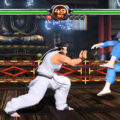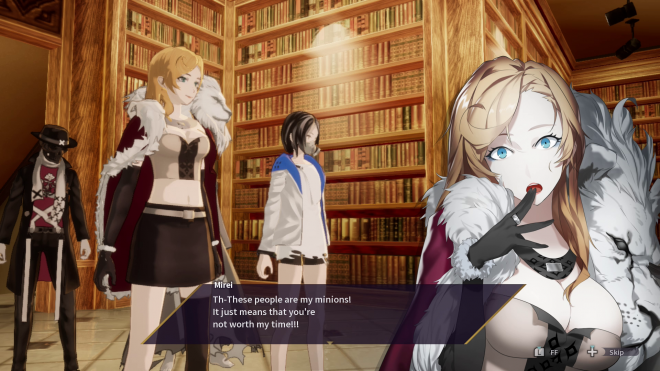Cognition Dissemination: A Harsh Judgment for a Cocaine Accusation

It can be difficult to comprehend just how differently criminal allegations can be treated in several countries, thanks to differing cultural values. One of the biggest involves drug accusations and convictions, alongside the fallout from them. Asian territories take this very seriously, with strong years-long jail sentences even for suspects caught with, say, small ounces of marijuana. And heaven help anyone caught with more than that.
The gaming universe is seeing firsthand just how harshly drug allegations are treated in Japan, and the extreme lengths companies will go through to distance themselves from the accused. Actor and Denki Groove pop duo performer Pierre Taki was arrested for testing positive for cocaine use, and subsequently admitted to using it. No cocaine was found within his residence, but Japanese authorities are searching through his contacts to determine how he came upon it. The steps authorities are taking regarding coke usage are standard in nearly any country; it was after this when everything really went south.
Those aware of how seriously drug allegations are taken in Japan immediately began wondering what Sega would do with the recent release of Yakuza spinoff Judge Eyes, planned to be known as Judgment in western territories. The game includes characters whose likenesses are based on and are voiced by popular Japanese actors, to give it the authentic feel of a Japanese TV drama.
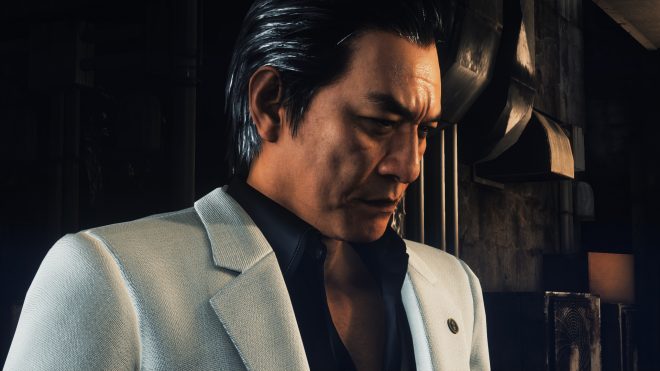
Taki provided the voice and likeness for central villain Kyohei Hamura, a member of a Tojo Clain subsidiary from the Yakuza games. Despite skepticism as to whether they’d sweep it under the rug, mainly from those unaware of how seriously Japan takes these matters, Sega took vicious actions. They’ve halted shipments of the game to retailers and delisted it from the PlayStation Store, and they’ve removed the official website, which now links to a statement about what’s happened to the game. They even went as far as to remove all tweets about it, showing how they want to erase as much of this game’s existence as they can within their power. This feels like an extreme step even upon knowing how seriously Japan takes these issues, and some citizens agree.
There’s a good reason for this, as Japan and other Asian territories have a rough history with drugs. The shock is also partly due to Americans not being adjusted to rich people and popular figures suffering as many consequences from drug allegations and potential convictions as poor and middle-class individuals.
Anyone who was holding off on purchasing Judge Eyes is making sure to grab a copy now, especially since the game depicts Taki’s character right on the cover. It became the best-selling game on Amazon Japan mere hours after his arrest, before Sega announced that it would stop sales(though it’s since dropped thanks to the game selling out). They know from experience, because it’s far from the first time a Japanese company has gone through extreme measures to disassociate themselves from anyone with drug allegations. For instance, Studio Ghibli pretends the fantastic On Your Mark music video never happened these days thanks to one of the singers in the duo who performed the song accompanying it, Aska of Chage & Aska, being convicted of using stimulants and ecstasy in 2014.
Pierre also voiced Olaf in the Japanese version of Frozen, and reprised the role in Kingdom Hearts III. Disney has yet to comment about the former, though it’s a foregone conclusion that the part will be recast in Frozen 2. Square Enix hasn’t voiced any intention to remove KHIII from sale in Japan, but said they plan to recast the role and add the rerecorded lines through a patch.
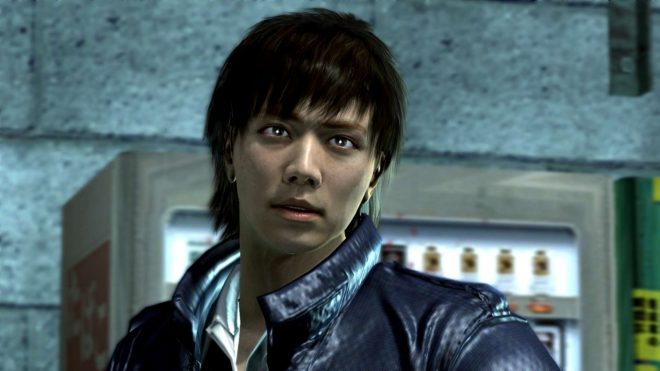
There’s no word on precisely what Sega will do with this game, but there’s a good hypothesis. This is remarkably the second time this has occurred with the Yakuza series. It previously happened with Masayoshi Tanimura, one of Yakuza 4’s four playable characters, who featured the voice and likeness of actor Hiroki Narimiya. Narimiya was accused of using cocaine in 2016, and immediately retired from the entertainment industry. Nothing happened to the PS3 version of Yakuza 4 since it was well out of print by then, as it released in early 2010, and its website is still online.
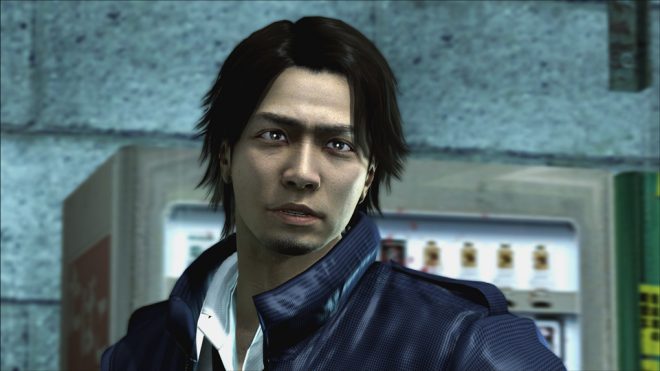
But a new actor was recast as Tanimura when the remaster released in Japan last year, with the voice and likeness being provided by Toshiki Masuda, despite Narimiya being cleared of the charges. The same change is likely to happen with Hamura in Judge Eyes.
Recasting the part will require a significant amount of time on Sega’s part, as the actor will have to provide new voice acting and motion capture work for several parts of the game. This ensures that it will be off store shelves and the digital storefront for months. It could also mean a delay for western territories at best, since Sega will want this change to be applied everywhere to prevent having to pay Taki royalties. It’s a pity, since the game was recently dated for June 25, a time when it had little competition thanks to several publishers still avoiding the summer season for game releases. Let’s just hope they don’t outright cancel it.
All of this has been baffling to see for anyone familiar with how the fallout for this or other crimes would go down in the western world, where no gaming company would go this far. The closest game-related comparison here is Kevin Spacey, who lent his voice and likeness to Jonathan Irons in Call of Duty: Advanced Warfare. Yet, the game is still available digitally (for $60!?). This isn’t to say nothing happens to entertainment figures accused of wrongdoing, but the punishment isn’t as severe. Several music stations have stopped playing music from Michael Jackson and R. Kelly, who are being viewed with deserved scrutiny at the moment to put it lightly, but their music is still available for purchase. Don’t worry, people are still buying it.
This issue is also remarkable for showing how much more seriously drug-related crimes are treated compared to others that deserve just as much, if not more, scrutiny in Japan. Rurouni Kenshin creator Nobuhiro Watsuki was convicted of possessing around DVDs of child pornography in November 2017. Yet, he was back to work in April 2018, after receiving the equivalent of a slap on the wrist. The priorities here are disgusting, and this isn’t the only issue where this has happened.
Sega has yet to officially confirm what they’ll do with Judge Eyes, or the western release of Judgment. For the sake of everyone who wants to play it, hopefully their fixes won’t take long. You know, assuming they don’t bury it entirely. It’s going to be a tough wait to see what happens for anyone who wants the game.


